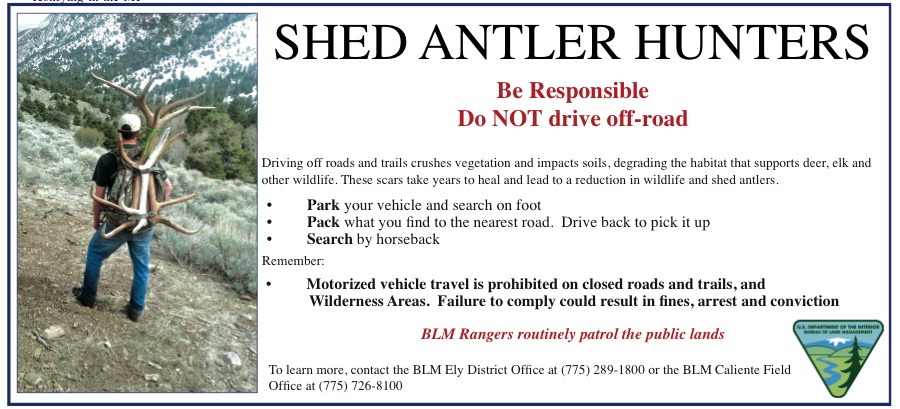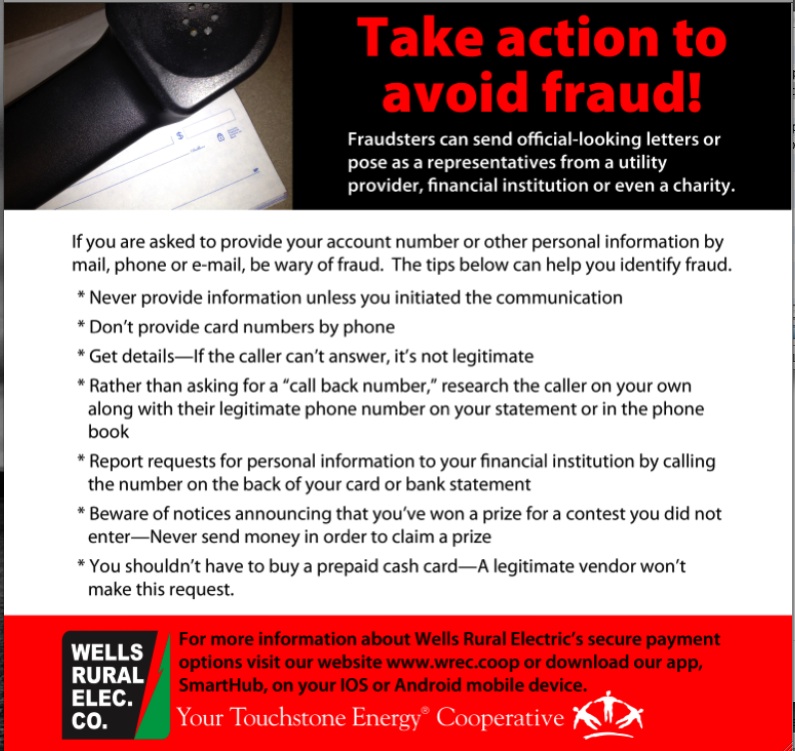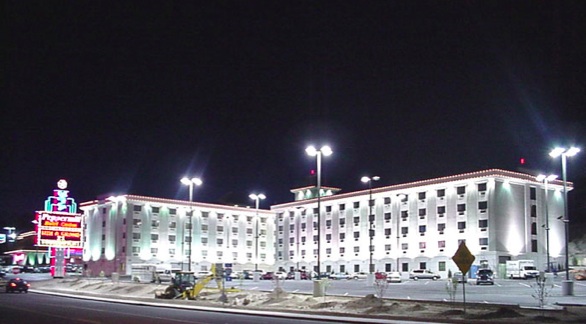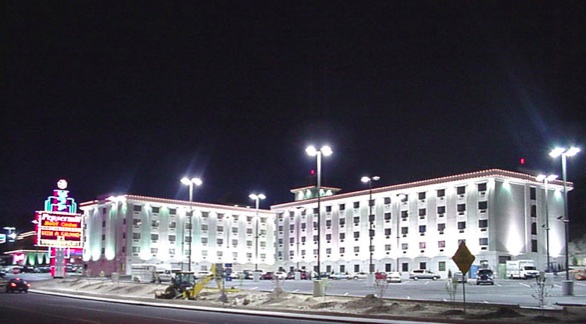The Peppermill Corporation agreed to pay a $1 million fine this week for spying on rival casinos’ slot machine according to the Nevada Gaming Control Board.
The Peppermill is privately owned by a multiple family partnership and is one of northern Nevada largest gaming business.
According to the formal complaint from the Control Board, the Peppermill was operating in “an unsuitable manner” when Ryan Tors, a corporate analyst for the casino, was caught in July using a reset key on several slot machines at the Grand Sierra Casino Resort in Reno.

By using the key, the Peppermill employee was able to learn certain diagnostic information about the slot machine, such as play history, hold percentages, event logs and game configuration.
During the investigation, the board found that Tors gathered information on slot machines at the Grand Sierra and at 10 other Northern Nevada casinos, including the Eldorado, Circus Circus Reno, Siena, Atlantis, Rail City in Sparks, and the Nugget and Red Garter in Wendover.
According to the complaint, Tors had been gathering the information since 2011.
 The investigation revealed that Peppermill management approved and directed Tors to obtain the theoretical hold percentage information from the competition’s slot machines using the “reset” key.
The investigation revealed that Peppermill management approved and directed Tors to obtain the theoretical hold percentage information from the competition’s slot machines using the “reset” key.
Board members said the Peppermill’s actions “constitute a failure … to exercise discretion and sound judgment to prevent incidents which might reflect on the repute of the state of Nevada and act as a detriment to the development of the industry.”
In responding to the fine, the Peppermill issued a statement taking full responsibility for the action.
“This is certainly a regrettable situation and the Peppermill apologizes for the obvious lack of judgment on the part of its executive staff,” the statement said. “The Peppermill has never been subject to regulatory action in all of its 43 years and does not intend on being subject to censure again.”
 The amount of the fine reflects the severity of the infraction, Reno gaming analyst Ken Adams said. Just the perception that someone is messing around with slot machines can have a negative impact on how consumers perceive the integrity of gaming operations in the state, he said.
The amount of the fine reflects the severity of the infraction, Reno gaming analyst Ken Adams said. Just the perception that someone is messing around with slot machines can have a negative impact on how consumers perceive the integrity of gaming operations in the state, he said.
“It’s a lot of damn money,” Adams said. “The state requires casinos to not do anything that damages Nevada’s reputation or its gaming industry. One million dollars is an unusually high fine and suggests that the state of Nevada sees this as a serious breach.”
The last two fines to hit the million-dollar mark in the state involved scandals in Las Vegas. One was a $1 million fine in January 2013 against the Palms for drug sales and prostitution at its clubs. The last was a $5.5 million fine — the largest ever recorded in Nevada — against CG Technology for a sports wagering scandal that involved a nationwide illegal betting scheme.
 The proposed settlement also does not absolve the Peppermill should the board find evidence that it adjusted its own payouts or the looseness of its slots based on information gathered by Tors in order to gain a competitive advantage.
The proposed settlement also does not absolve the Peppermill should the board find evidence that it adjusted its own payouts or the looseness of its slots based on information gathered by Tors in order to gain a competitive advantage.
Indeed several of the gaming properties named in the complaint are considering taking civil action against the Peppermill.
One of the affected properties, the Eldorado, is seeking more information from the gaming board as it mulls how to proceed forward following the news.
“The Carano Family and the Eldorado Hotel Casino, like the entire Gaming Community, are extremely saddened, disappointed and angry to learn that Peppermill’s Management knew of, approved of, and directed its Employee to misappropriate our Confidential Trade Secret information,” Gary Carano, president and chief operating officer of Eldorado Resorts, said via e-mail. “We have just learned of these actions upon the issuance of the Nevada Gaming Control Board’s complaint and believe the Gaming Control Board should share the results of its investigation into the matter with the other casinos involved so that we may all assess the damages caused to our properties by Peppermill’s improper actions.”
 The Peppermill corporation in the past was often accused of stretching the bounds of competition by rival casinos.
The Peppermill corporation in the past was often accused of stretching the bounds of competition by rival casinos.
“They were pretty aggressive,” said the late Michael Devine former CEO of the StateLine corporation whose 65 year old family owned gaming company was forced into bankruptcy a decade ago. “I doubt they did anything illegal but some of the stuff they we considered over the line.”

